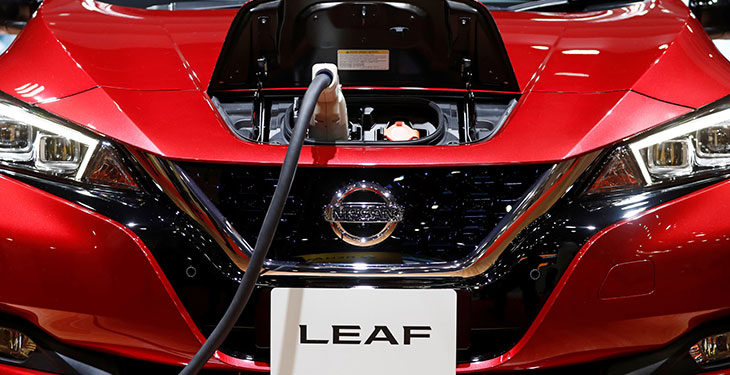Automaker Nissan Motor announced on Wednesday that all its new vehicles in key markets will be partially or fully electric by early 2030, in an attempt to meet the zero emissions target by 2050, Kyodo and Reuters reported.
Nissan’s key markets are Japan, China, the United States and Europe.
Thus, the company will produce more competitive and efficient electric vehicles, significantly developing batteries, to increase autonomy and reduce recharging time. Nissan also hopes to improve fuel economy in combustion engines using e-Power technology.
Other carmakers in Japan have also accelerated electrification plans. By 2025, Toyota Motor wants to sell at least 5.5 million EVs or half of its global sales annually, and Honda Motor aims to electrify two-thirds of its vehicle range by 2030, according to Agerpres.
Japan aims to ban the sale of new cars equipped with gasoline engines during the next 15 years, the Tokyo government recently announced, according to a plan by which the Japanese state wants to reach zero carbon emissions.
The plan envisages boosting the sale of electric vehicles, including hybrid models and fuel cell vehicles, by around 2035. To speed up the spread of electric cars, Tokyo authorities will take steps to reduce the cost of vehicle batteries by more than half, until 2030.
